Why Does Weight Loss Stall
As your weight drops and your body composition changes, so do your nutritional needs.
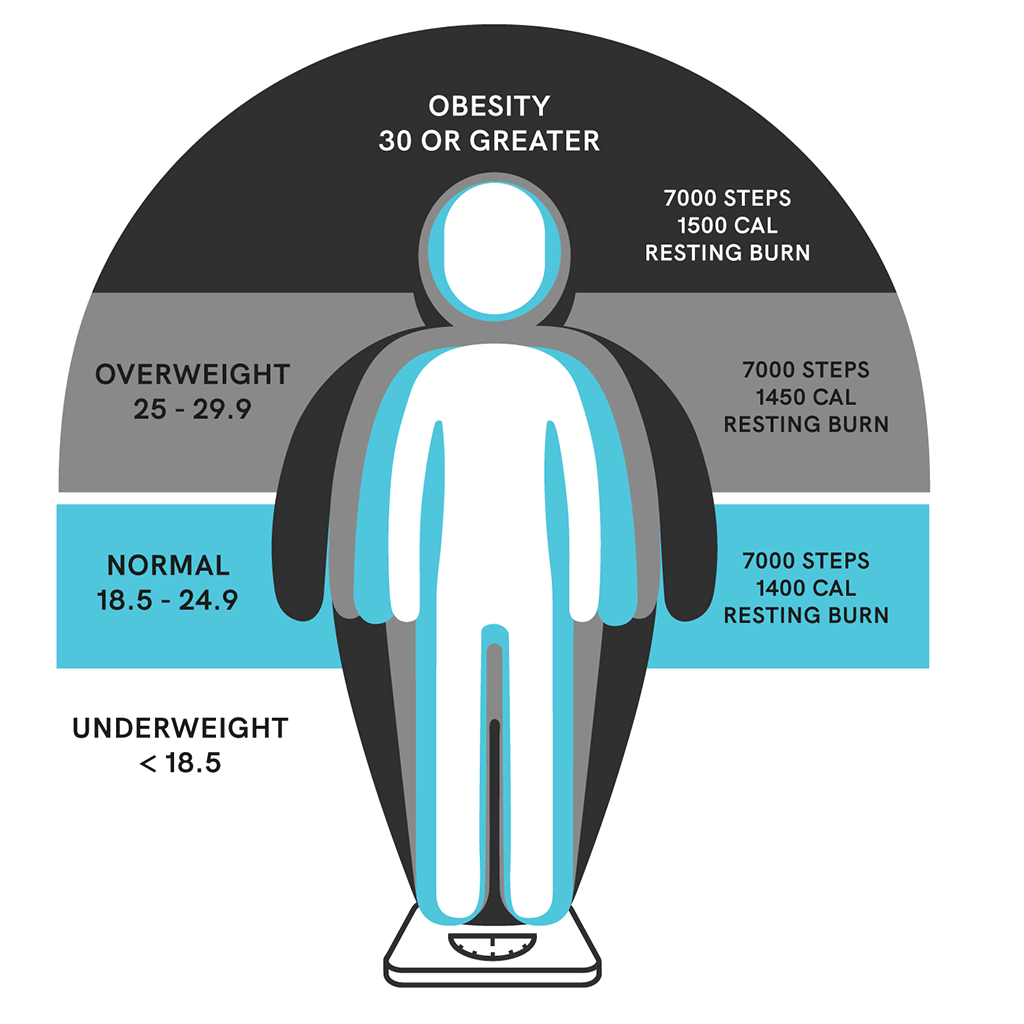
When you lose weight, you also lose some muscles along with the fat. Muscle helps you keep up your metabolism. When you lose weight, your metabolism declines, and it needs fewer calories than before for life-sustaining functions.
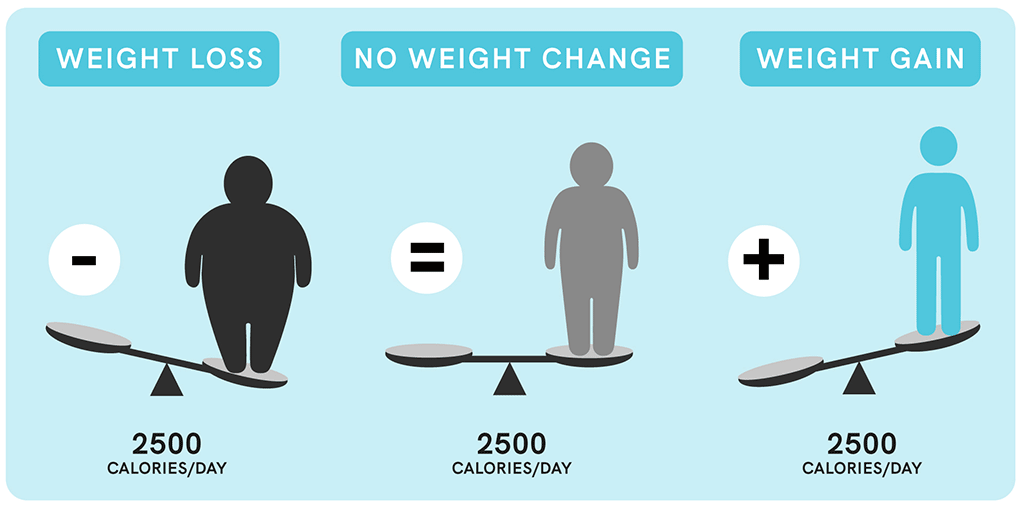
When your metabolism is slower, your weight loss can slow down. Even with the same numbers of calories that helped you lose weight. If the calories you eat are equal to the calories you burn, you reach a “plateau”.
How Do I Overcome A Weight Loss Plateau?
To lose more weight, you need to either increase your physical activity or decrease the calories you consume.
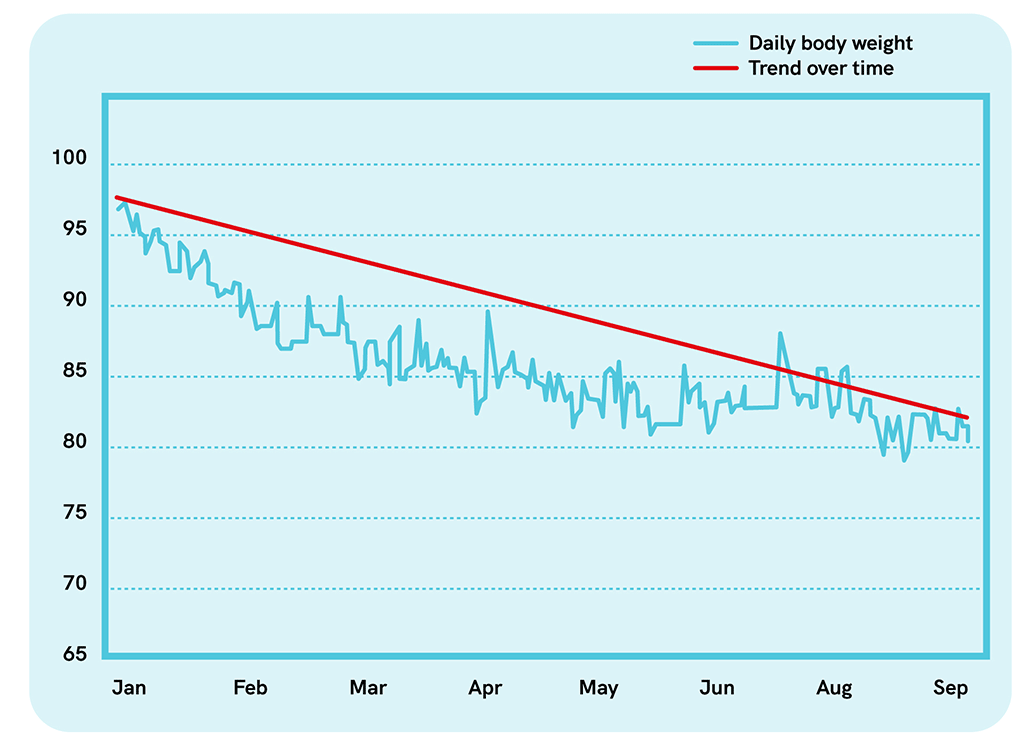
Tips For Getting Past A Plateau
Nutrition: Track your calories and macronutrients (protein, fat and carbs). This will provide concrete information about how much you’re consuming, and will allow you to modify or make other changes to your diet if needed.
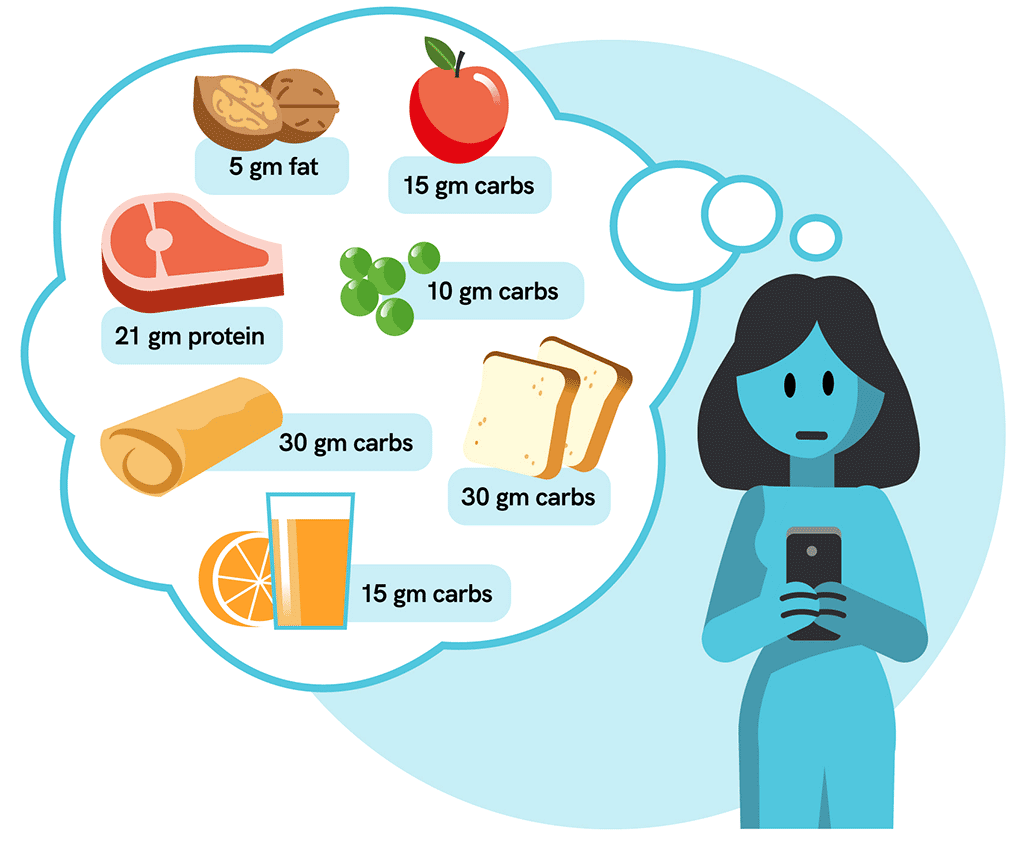
Physical activity: If you are involved in an adequate exercise program (3-4 days per week) and going for a reasonable amount of time, you may need to add in a little more physical activity if you’ve reached a weight loss plateau.
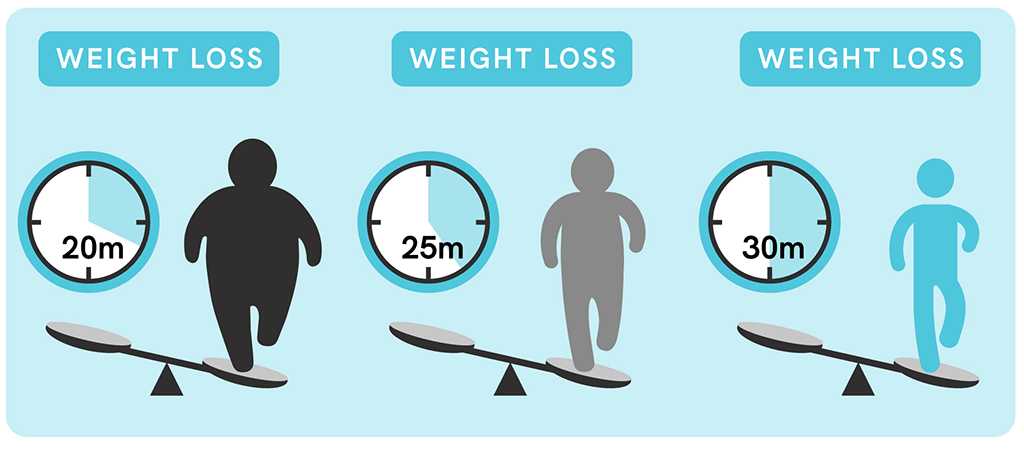
Strength train: Make sure to incorporate strength training into your workout routine at least two days a week. Lean muscle mass increases your metabolic rate which means that you start to burn more calories.
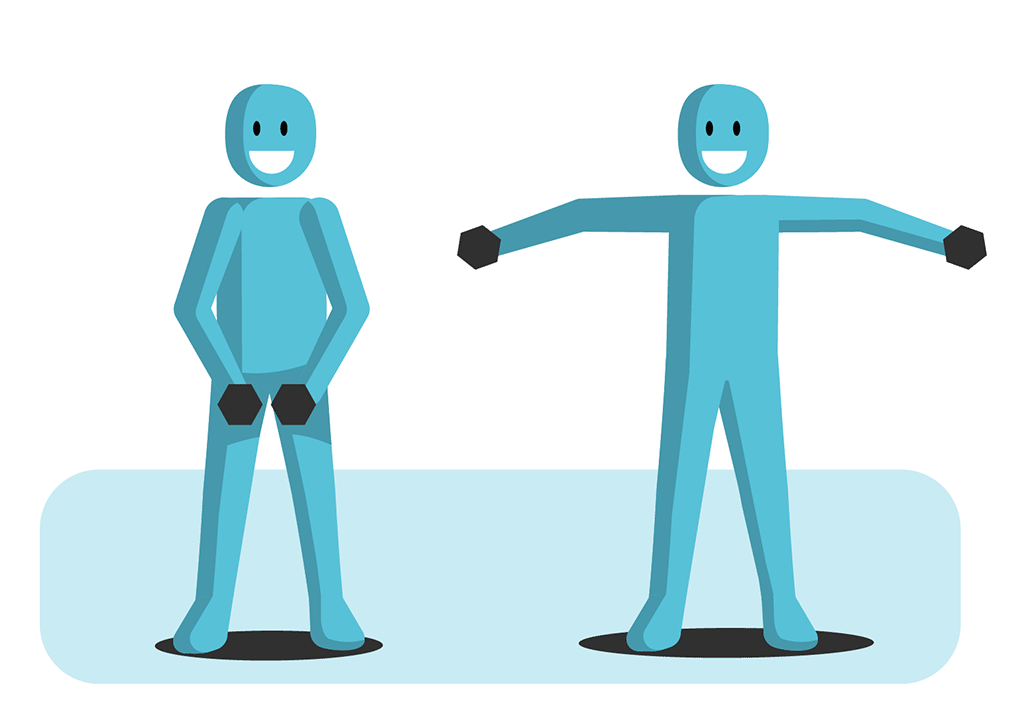
Get more sleep: Sleep deprivation can cause insulin resistance.Getting an adequate amount of sleep, both in quantity and quality is essential for hormones regulating hunger and physical abilities.
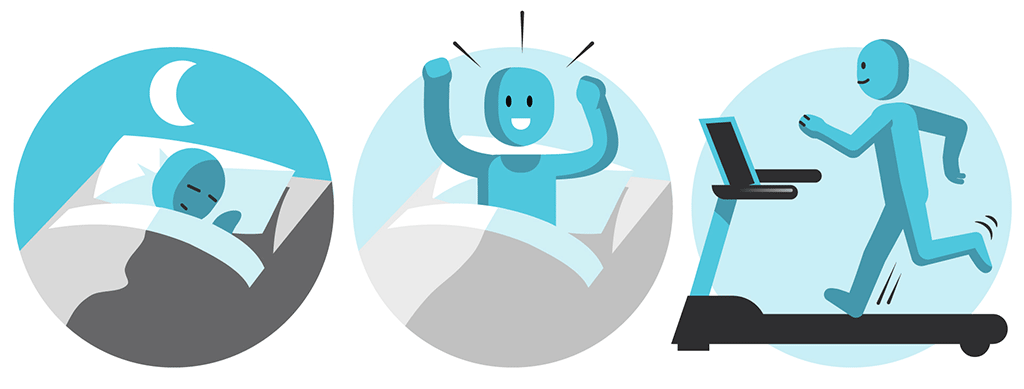
Leave a Reply